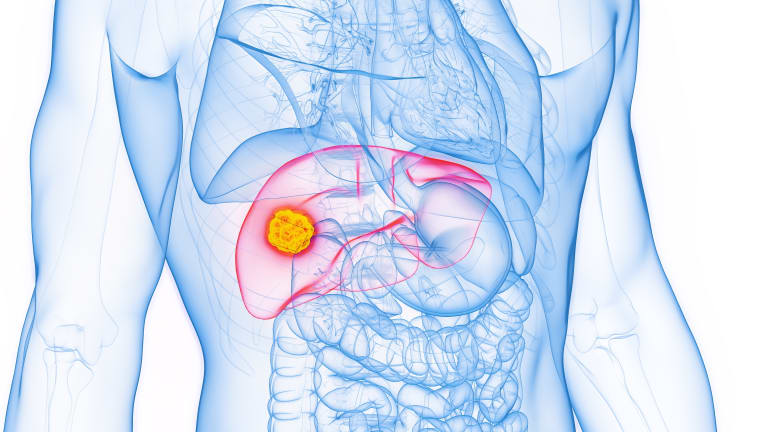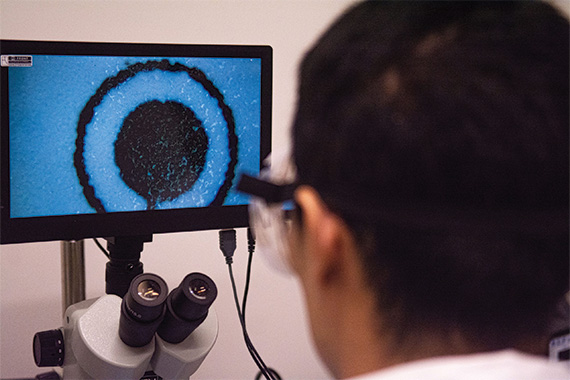A groundbreaking randomized trial has showcased significant advancements in systemic therapy for unresectable liver cancer. The addition of durvalumab (Imfinzi) and bevacizumab (Avastin) to transarterial chemoembolization (TACE) has nearly doubled the median progression-free survival (PFS) for patients. The EMERALD-1 trial demonstrated that individuals receiving this combination had a median PFS of 15.0 months compared to 8.2 months for those on TACE plus a placebo. This marks a historic improvement in outcomes for unresectable hepatocellular carcinoma (HCC) eligible for embolization.

Significant PFS Enhancement
The trial’s primary outcome revealed a substantial improvement in PFS, showcasing the effectiveness of the durvalumab-bevacizumab combination. Patients undergoing TACE with this additional treatment experienced a 6.8-month absolute difference in PFS compared to those on TACE alone, marking a groundbreaking achievement in liver cancer systemic therapy.
The trial emphasized the pivotal role of bevacizumab in advanced HCC treatment. Bevacizumab significantly improved PFS, prompting discussions about its role in combination with immunotherapy. The results also sparked considerations about the potential standardization of durvalumab plus bevacizumab plus TACE as the standard of care for intermediate HCC.
Despite the positive outcomes, the trial reported adverse events (AEs) in a similar proportion across all three treatment groups. Notably, grade 3/4 AEs related to study treatment occurred more frequently in the durvalumab-bevacizumab arm. However, the rates of fatal AEs did not show significant differences, underscoring the manageable safety profile of the combined treatment.
READ ALSO: CDC Advises Blood Testing for ‘Forever Chemicals’ Amid Rising Health Concerns
Implications for Standard of Care
The trial questioned whether PFS can be a reliable surrogate for overall survival (OS). The analysis suggested a potential correlation between hazard ratios and trial outcomes. The results highlighted the ongoing debate in the medical community about the adequacy of PFS as a surrogate for the ultimate endpoint of OS.
Despite the debate over surrogate endpoints, the EMERALD-1 trial is recognized as a historic breakthrough, showing improvement beyond the activity of TACE alone. The combination of durvalumab and bevacizumab is now being considered for standardizing treatment in intermediate HCC, underscoring the potential impact on future guidelines and clinical practices.
READ ALSO: California Officials Issue Warning Against Raw Oysters from Mexico Amid Norovirus Outbreak



